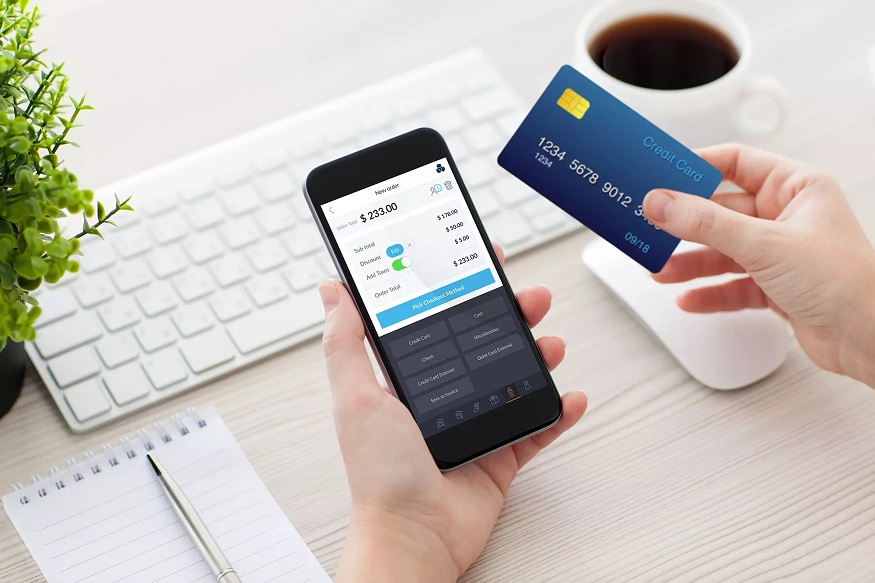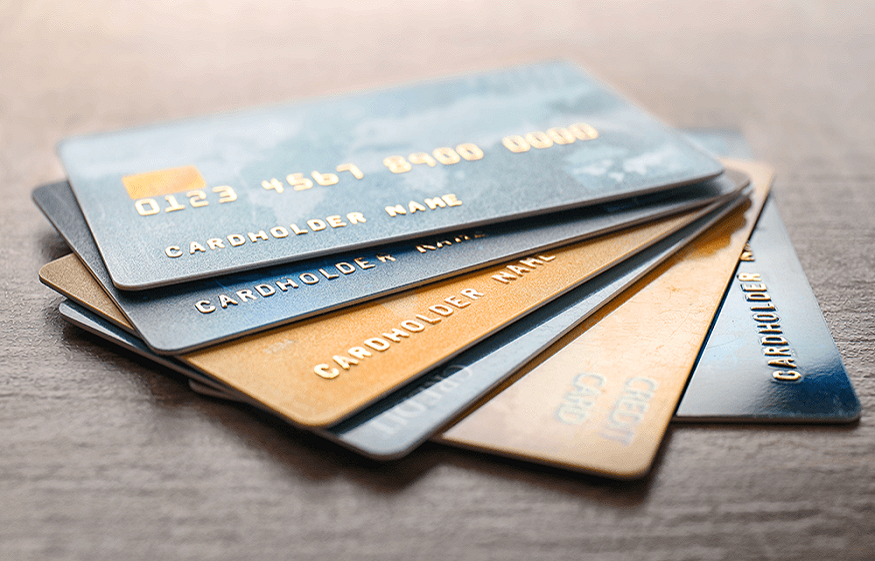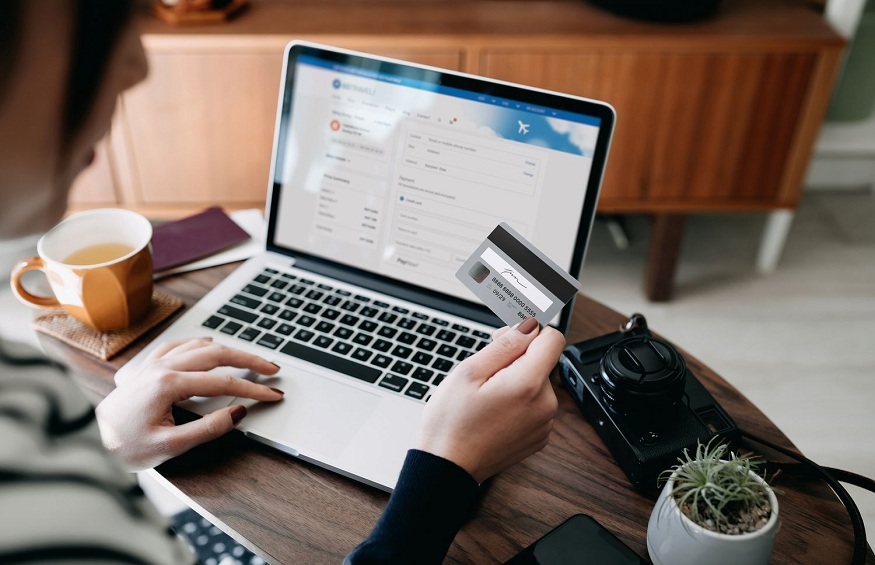Keep receipts of all your credit card transactions. Compare your receipts to your credit card statement to make sure there are no errors. If you find an error, immediately contact the merchant, the business that sold you goods or services, to correct the transaction. If the merchant does not make the correction, you can contact your financial institution for assistance.
If they do, they must notify you of the additional charge before processing your payment. This will allow you to cancel your purchase before authorizing payment or using another payment method, such as debit or cash.
Before applying for a cash advance, consider a cheaper way to borrow, such as a personal loan or line of credit. If you use cash advances, try to pay off your balance as quickly as possible.
If you are applying for a credit card from a federally regulated financial institution, such as a bank, the application must include an information box. The box should show the key features of the credit card, such as the interest rate and fees. The information must be communicated in clear and simple language and in a way that does not mislead you.
If you are unsure whether a transaction will be treated as a cash transaction or a regular transaction, check your credit card agreement or contact your financial institution.
Credit card checks
You can use credit card checks to make purchases just like you do with a personal check. Credit card checks are also called convenience checks or promotional checks. You can also use them to pay bills or other debts, such as outstanding balances on other credit cards.
You must pay interest from the date you use the check. The interest rate you pay with a credit card check is usually higher than for regular purchases.
Credit card checks are linked to your credit card account. If you use them to purchase goods or services, the amount will appear on your credit card statement.
Federally regulated financial institutions, such as banks, must obtain your consent before sending you credit card checks. If you decide to receive credit card checks as part of a special offer, make sure you understand all the terms.
If you don’t want to use credit card checks, cut them up before throwing them away to protect against fraud. Ask your credit card issuer to stop sending you credit card checks.
Before transferring a balance, be sure to carefully read the terms of the credit card agreement. As a general rule, a promotion only applies for a specific period. Check with your financial institution for any information you do not understand.
Your credit card issuer must seek your authorization before increasing your credit limit. This is called giving your express consent, which means that you clearly agree in writing or verbally to increase the limit. If you verbally authorize them to increase your limit, your credit card issuer must confirm the change in writing no later than your next credit card statement.
Interest-free grace period
You can find out your billing period by checking your credit card statement. The grace period does not apply to cash advances, transactions such as cash transactions and balance transfers.
Federally regulated financial institutions, such as banks, must provide a minimum grace period of 21 days.
For example, suppose you buy a smartphone on January 15. On February 1, you receive your credit card statement for January, which includes the purchase of the smartphone. A 21-day interest-free grace period applies to purchases on your February 1 statement. This means that you have until the end of the grace period on February 21 to pay for your smartphone purchase and other purchases without paying interest.
Fees and Penalties
Fees and penalties vary by type of credit card transaction and financial institution. Read your credit card agreement carefully. Check with your financial institution for any information you do not understand.
You may be able to avoid these charges by viewing your credit card statements online. As a general rule, financial institutions allow online access to statements for the last 12 months. To use this service, you must register for it on your financial institution’s website.
For example, suppose you have $90 left before you reach your credit limit. You buy gasoline with your credit card. The gas station puts a temporary hold of $100 on your credit card until you fill up and pay for gas. Your full tank of gas costs you $20. In this case, the financial institution cannot charge an overlimit fee.
If your balance is often close to your limit, you can ask your financial institution to increase this limit. If you do not want this increase, or if you are not eligible for it, you can ask your financial institution to stop any transactions that exceed the limit. Some low value transactions can still be made.
Read the terms of your credit card agreement to see if over-the-limit transactions can be made, and if there are any fees for doing so. Check with your financial institution for anything you don’t understand.




